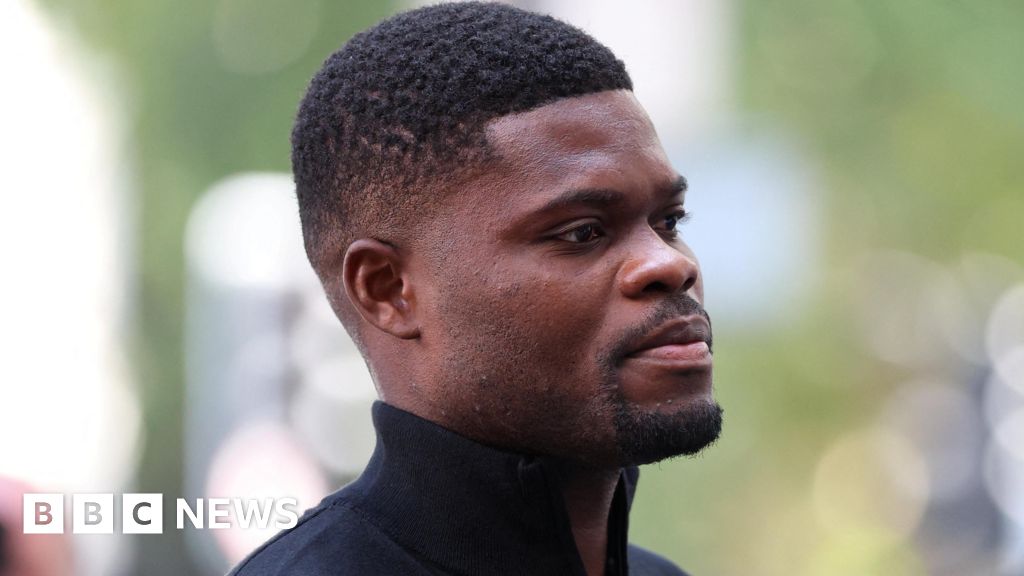
Thomas Partey's move to Villarreal, following the expiry of his Arsenal contract and subsequent charges, presents a fascinating case study in football finance and risk management. The alleged offences occurred between 2021 and 2022, a period coinciding with Partey's peak market valuation. How do clubs assess value in such scenarios?
Let's break it down. A player's transfer value isn't solely based on on-field performance. It's a complex equation that includes age, contract length, market demand, and, crucially, reputational risk. The latter is often difficult to quantify but can have a significant impact. Think about it: would a club pay top dollar for a player whose off-field conduct could damage the club's image and potentially impact sponsorships or fan support?
The one-year contract with an option for a further year suggests Villarreal are mitigating their risk. They're essentially saying, "We believe in your footballing ability, but we're proceeding with caution." The structure of the deal likely reflects this. It’s probable Partey’s base salary is lower than what he might have commanded in a less complicated situation, with performance-based bonuses and a significant increase in salary should the option year be triggered. This protects Villarreal financially should the legal situation worsen or his performances decline.
Consider similar cases. While each situation is unique, we can look at instances where players have faced legal issues and observe the impact on their market value. Often, clubs become hesitant, and the player's options become limited. The reported interest from Saudi Arabian clubs, prior to the charges, highlights the potential financial upside Partey was foregoing by remaining in Europe, but also the limited number of clubs willing to take the risk.
Now, let’s talk about Villarreal’s perspective. They're getting a potentially top-quality midfielder at a reduced initial cost. Partey, when focused and in form, is a game-changer. He offers defensive solidity and a passing range that can unlock defenses. From a purely footballing perspective, this could be a shrewd move. The data suggests that even with a slight dip in form, he is still an above average player for the position.
How does this compare to Arsenal's situation? They chose not to extend his contract. That decision, made before the charges were filed, was likely influenced by a combination of factors: his age (32), his injury record, and the emergence of younger midfielders within the squad. Had Arsenal extended his contract prior to these charges, they would have been forced to handle the situation differently, which could have had detrimental impacts to the club and its image. This saved them millions. Ultimately the Gunners managed to navigate a tricky situation with smart planning.